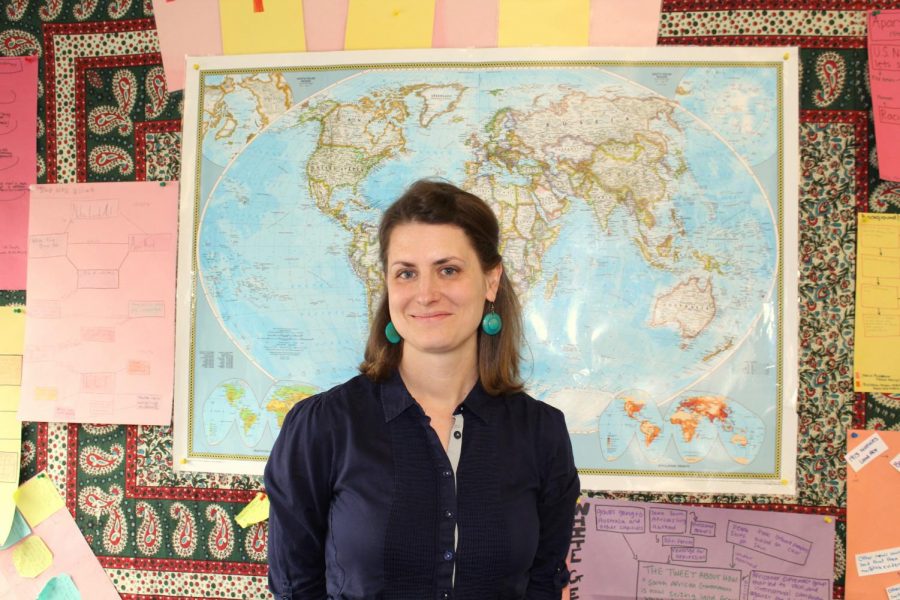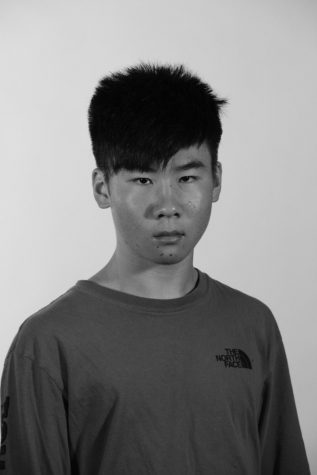Rachel Otty Wins Fulbright Award
Ms. Otty will be spending three weeks in India this summer.
April 1, 2019
Rachel Otty, a recent winner of the Fulbright Teachers for Global Classrooms Award, a grant recognizing excellence in teaching, will be spending three weeks in India this summer to build a deeper understanding of the differences between the education systems in India and the United States.
Ms. Otty applied for the award in early August 2018, eventually winning along with a small group of other teachers. She explains that she hopes to use the trip not only as an “immersive travel experience, but also as a lesson on how to integrate global education themes into [her] classroom.”
The Fulbright Award, created by US senator William J. Fulbright in 1946, is one of the most prestigious of many cultural exchange awards funded by the Bureau of Educational and Cultural Affairs. The award’s mission statement is to “enhance teachers’ expertise in adapting teaching methods … to internationalize the US classroom, support US teachers to develop the leadership and professional skills to ensure that their students are knowledgeable and prepared for careers in an increasingly competitive global economy, and prepare US students to work and collaborate in multiple cultural contexts and to be more aware of other countries around the world through interaction with teachers and students globally.”
Ms. Otty chose India as her destination because of its unfamiliarity, as she already incorporates North Africa and the Middle East into parts of her curriculum. She and others under the same capstone project will fly to India and examine both global and local issues. Ms. Otty will also observe smaller rural schools to better understand the public education system in places other than the United States.
Ms. Otty is excited to examine how “gender issues, nationalism, and religious tensions” are addressed in the classroom, as well as how the legacy of colonialism in India affects the way that history is taught. In many of her classes, the effects of colonialism in both culture and education are explored. Teaching the subject is one thing, but going and witnessing firsthand how an entire country has been subtly transformed will be “insightful and eye opening” for her.
When asked how she plans to make a difference there, Ms. Otty stressed that she would be there “strictly as an observer.” Ms. Otty wants to take the lessons she will learn in India to CRLS, planning to “integrate more history on South Asia into the curriculum.”
In the future, her Modern World History class may incorporate Asian History, replacing her Middle East unit which will become a new class called Modern Middle Eastern Conflicts.
A former student of Ms. Otty’s, James Shaw IV ’21, said, “It is important to equally recognize history and that it’s great she’s thinking about incorporating Asian History, which doesn’t seem to be covered all that much at CRLS.”
Another former student, Lyric Anderson ’21, stated, “It’s really unfair that most of our curriculum is centered around American and European history, with very little emphasis on Asia, the Middle East, or South America, now that I think of it. I would definitely take a Middle East history course.”
Her trip will not be all work, as Ms. Otty has plans to see “various cultural and historical landmarks” along the way as well. She will be visiting from from June 30th to July 18th.
This piece also appears in our March 2019 print edition.










